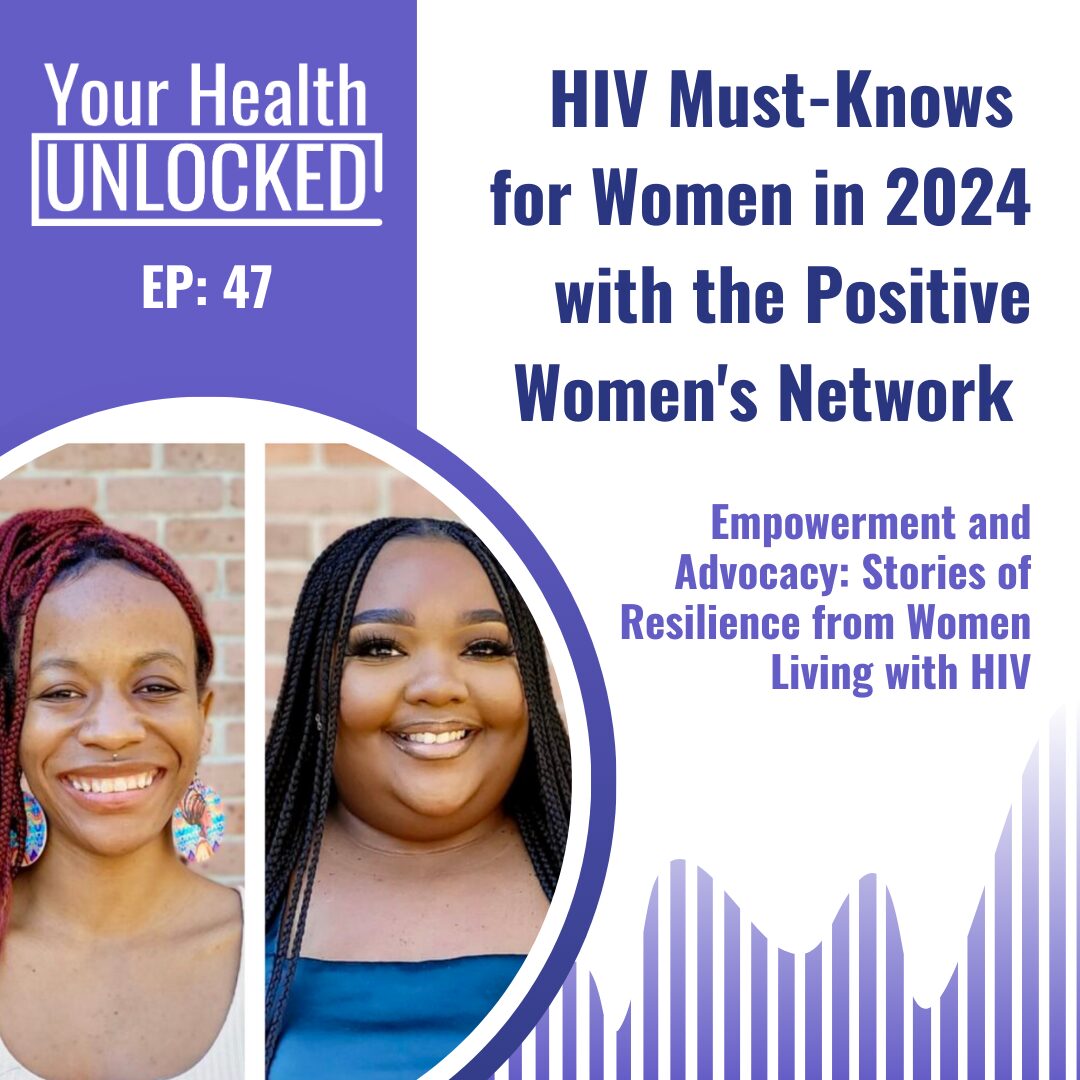
Your Health Unlocked Episodes
047: HIV Must-Knows for Women in 2024 with the Positive Women’s Network
June 13, 2024
---

The Social Determinants of Health (SDOH) are conditions in the places where people live, learn, work, and play that affect a wide range of health and quality-of-life risks and outcomes. The NWHN has often made the connection between health and various social determinants, such as a polluted environment, racism, access to high quality health care in the community, and more.
The NWHN will be taking a more comprehensive and intentional approach to addressing the social determinants of health via our policy portfolio, as often, these determinants are also the root causes of the health issues we’ve long been working on. Specifically, we’ll be digging deep into the impact of racism and interpersonal violence (also known as domestic violence or intimate partner violence) on our nation’s short and long-term health.